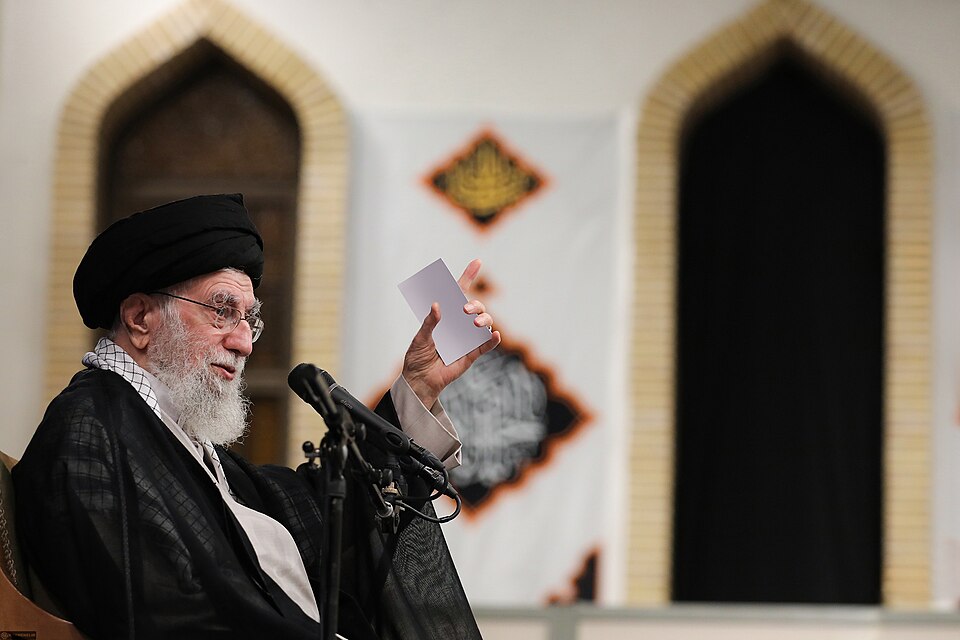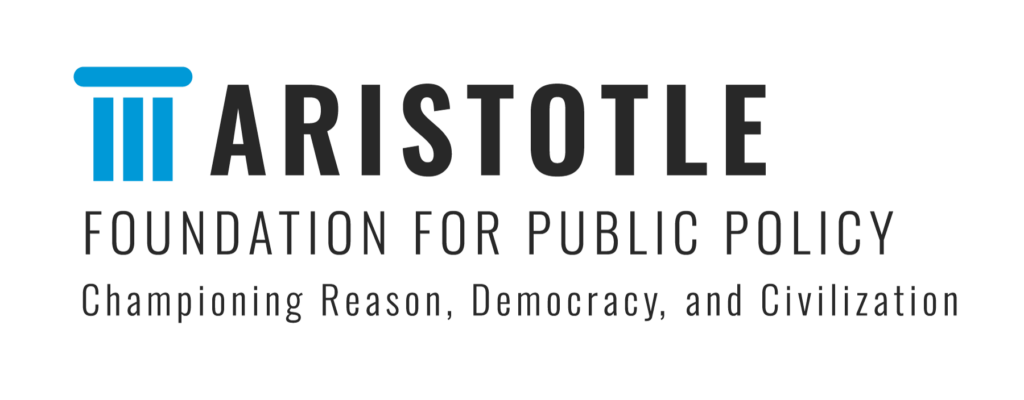

The Islamic Republic of Iran’s global image is in further disarray after Israeli and American bombings, and the spectre of regime change looms once again. Will the Iranian regime finally fall?
Iranian nuclear sites may well have been destroyed and high-profile scientists and military leaders assassinated, but the regime stands. The Supreme Leader, Ayatollah Khamenei, has emerged from hiding to declare victory over America and Israel, despite appearing shaken and struggling to speak clearly. Like him, the regime limps on, continuing to persecute its citizens and threaten both the Iranian diaspora and the world in general. Canada should be especially vigilant.
The Islamic Republic of Iran was established in 1979 when the Ayatollah Khomeini returned to Iran from exile in Paris to overthrow the monarchy of Mohammad Reza Pahlavi. In place of the old monarchy, Khomeini ushered in what he called “Islamic government” — an ill-defined concept that met with immediate opposition from clerical authorities and even Iran’s first president, Abolhassan Banisadr.
The regime has been steadily losing legitimacy and support ever since. A 2020 poll conducted by the Group for Analyzing and Measuring Attitudes in Iran (GAMAAN) suggested a dramatic rejection of regime-directed religion. Seventy-eight per cent of Iranians reported believing in God, but 60 per cent say that they don’t pray and 68 per cent believe that “religious prescriptions should be excluded from state legislation.” Seventy-two per cent of Iranians rejected compulsory veiling for women (the hijab), 56 per cent of Iranians do not want a religious education for their children in school and 71 per cent believe that the state should not fund religious institutions.
Islam is now the fastest shrinking religion in Iran, and Christianity is rapidly replacing it. Attendance at Friday prayers is accordingly so small that 50,000 Iranian mosques out of a total of 75,000 have been forced to close in recent years.
Attitudes within the Iranian regime itself are highly unfavourable. A 2022 poll, also by GAMAAN, posed the simple question “Islamic Republic: Yes or No?” Eighty-one per cent of respondents said “no.” They may disagree as to what should replace the Islamic Republic, but most Iranians are united in opposition to it.
However, some Canadians seem to support the regime.
The Canadian Union of Public Employees (CUPE), for instance, recently organized a pro-regime protest outside the U.S. consulate in Toronto.
Even more seriously, Iranian regime agents have reportedly issued death threats in order to silence Iranian-Canadian dissidents and anti-regime activists. It has tapped into Canadian biker gangs for contract killings on Canadian soil. Foreign Affairs Minister Anita Anand has warned that the Iranian regime may be preparing to activate terrorist sleeper cells on Canadian soil. Hundreds of regime operatives and spies are active in Canada. This fact has been known for years, and yet very little has been done about it.
If Canadians think this is nothing to worry about, we are deluding ourselves. The Iranian regime has been targeting our citizens for decades. The first such high-profile case was that of Zahra Kazemi, the Iranian-Canadian photojournalist who was arrested, raped, tortured, and murdered at Evin Prison in Tehran in 2003. Since then, many Iranian-Canadians have died suspicious deaths, which suggests regime involvement.
These deaths arguably culminated in 2020 when the Islamic Revolutionary Guard Corps (IRGC) shot down a Ukrainian International Airlines flight shortly after takeoff from Tehran, killing 55 Canadians. Since then, the regime operatives have tried to harass and intimidate the victims’ families. In late 2024, the RCMP foiled an Iranian plot to murder former Liberal justice minister Irwin Cotler. Such threats led the Canadian government to classify the IRGC as a terrorist organization in 2024 — a move that was long overdue. Yet, Iranian regime operatives masterminded the recent pro-Hamas encampments and demonstrations in our major cities and at universities.
Canadians need to ask themselves why they have been so naïve. Why are we so open to foreign interference, and why did we allow our country to become a haven for operatives from a sadistic and thuggish regime? Why have only three senior regime officials been deported so far?
The tottering Iranian regime may not have a nuclear bomb, but now that it has been humiliated, it is likely to become more dangerous. A shaken regime will be looking for scapegoats and revenge both at home and abroad. And if the regime falls, its senior figures may well try to flee to Canada. We cannot allow this to happen.
Michael Bonner, DPhil (Oxon), is a senior fellow at the Aristotle Foundation for Public Policy and former senior policy advisor to a Minister of Immigration in the Government of Canada and former director of policy to four ministers within the Government of Ontario. Photo: WikiCommons.
Like our work? Think more Canadians should see the facts? Please consider making a donation to the Aristotle Foundation.

The logo and text are signs that each alone and in combination are being used as unregistered trademarks owned by the Aristotle Foundation. All rights reserved.
The Aristotle Foundation for Public Policy is a registered Canadian charity. Our charitable number is: 78832 1107 RR0001.
SUBSCRIBE TO OUR NEWSLETTER